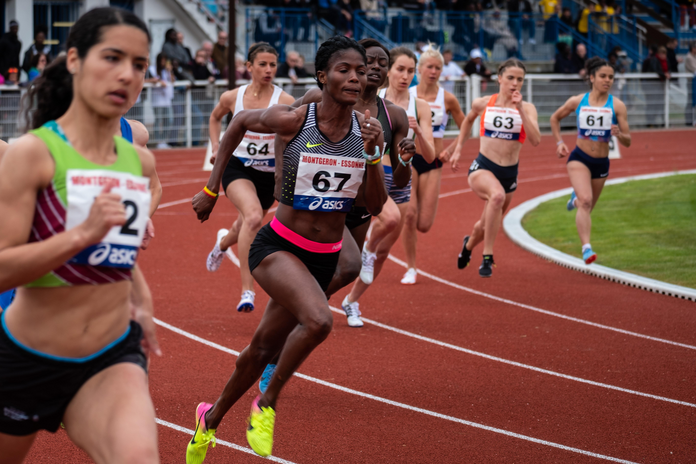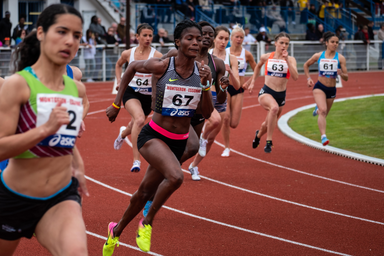The world of aesthetic sports created a culture rich in diversity, artistry, creativity, and self-expression. As much as dance, figure skating, gymnastics, and other aesthetic sports became a creative outlet, and at times an escape for athletes, it has also introduced an array of health complications. Looking into the different social and physical implications of participating in these sports, researchers have concluded that the cultural influences of aesthetic sports have directly affected young female athletes’ holistic health. In order to break the unhealthy cycles present in women’s health, we have to understand how these issues have affected an entire group of people.
Coaching vs Criticism
“Up to 84% of collegiate athletes reported engaging in maladaptive eating and weight control behaviors.” This statistic from The Sport Journal paints a scary, yet realistic visual to the public that a great population of our youth is experiencing sport-related trauma.
A contributing factor to this problem is the pressure from an athlete’s environment. Often in young athletes, there is a “golden” standard that’s expected and when they fall short, they are not only met with insecurity in their performance but criticism from their coaches. Serving as an influence in an athlete’s professional and personal life, coaches and athletic trainers alike are responsible for recognizing and providing resources for athletes at risk of poor body appreciation and eating disorders.
In the docuseries, Cheer, head coach Monica Aldama serves as a prime example of a fierce, driven, and meticulous model for the Navarro Bulldogs cheer team. Although the Netflix series shows her team is a force to be reckoned with, it also shows the dark reality of keeping up with the aesthetic demands in cheerleading. The series highlights how Aldama is in fact a perfectionist in her creative vision, yet still took into consideration the physical and mental health of her athletes. Watching her one-on-one interactions with athletes, I started to believe that coaches and other figures should guide their athletes in affirming ways so we may promote the healthy lifestyle needed to create a safe space vital for young women.
Compromising Health
The sad reality for many of these athletes is that a majority of their participants suffer from disordered eating. As stated by the American Psychiatric Association, eating disorders are defined as “behavioral conditions characterized by severe and persistent disturbance in eating behaviors and associated distressing thoughts and emotions.” These sports reveal a majority of those experiencing disordered eating behaviors and self-image insecurities are young females. In an effort to keep up with beauty standards in sports that are heavily influenced by looks, many athletes believe they have to achieve a specific image to perform better. This belief tends to
In a 2011 study done by researchers Eva Krentz and Petra Warschburger, risk factors affecting disordered eating in dancers, figure skaters, diving, ballet, roller skating, and rhythmic gymnastics were investigated. After the researchers gathered the questionnaire results from over 65 youth athletes, it was found that disordered eating and the desire to become leaner to improve performance were higher amongst women compared to men.
What do these results signify? The results reveal that the mental, physical, and spiritual health of young women begin to deteriorate due to the negative and unhealthy standards idolized in aesthetic sports. The female youth need to identify the culture that both introduce these toxic standards in sports, but also reinforces unrealistic expectations of these persevering women.
What Does This Say About Society?
Expectations from these performances, however, are not only present in the sports world but also in societal values. When discussing the impact of mental health in athletes specifically, there is more ignorance when addressing the strain it puts on these athletes versus the physical demands.
What many do not understand is that your mental health can severely impact both your performance as well as safety in the sport. As a society, we project our intensities of winning onto our youth, and in turn, we get to celebrate the hardworking nature of our community while leaving little credit to the young female talents. If proper guidance towards living a balanced lifestyle is introduced to young women competing, more than winning titles can be expected.
Young female athletes have become increasingly more affected by social, physical, and environmental factors in sports. It, unfortunately, has become an all too common problem now in the competitive field and it is important now more than ever to educate all audiences on how both sport culture and societal values can pose dangers in young women’s health.
Share your experiences with women’s health by tagging us @HerCampusSJSU!


